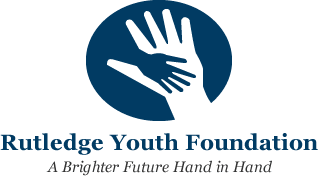Independent Living Option
This program helps older youth in foster care transition to adulthood by providing services and resources for education, employment, housing and budgeting. We provide monthly subsidies to clients for rent, food, utilities while the client either works full time or attends school. While in the Independent Living Option program, clients receive up to 7 hours per week of Case Management Services which focus heavily on teaching clients how to shop, budget, prioritize and learn independent living skills.
Foster Care (Home of Relative, Traditional and Specialized)
The RYF Foster Care Program provides a home-like environment to young men and women, ages 0 to 18. Clients remain in foster care an average of two years. While in the Foster Care program all children receive intensive Case Management services. Children in Foster Care leave the program and either reunify with their biological parent, are placed in guardianship or are adopted. Some children enter into our Independent Living Option after age 18 to ensure life skills are in place.
Intensive Placement Services (IPS)
The IPS program is a placement stabilization service for those children placed in Home of Relative or Traditional Foster Care. Children recieve mentoring services, tutoring services, therapeutic services and many other services designed to enhance their strengths and meet their needs.
Intact Family Services
The Intact Family Services program is designed to work with families who have come to the attention of DCFS due to a report of abuse and/or neglect. Families voluntarily agree to participate in this program unless the court orders their participation. The important distinction between this program and foster care is that the children remain in their home of origin and the parents maintain custody and guardianship of the children. Intact Family Services caseworkers’ first priority is to work with the family to remove immediate safety threats leading to the child abuse investigation. Once immediate safety issues are resolved, Intact Family Services caseworkers assess the family’s needs using various assessment tools and techniques. Once needs are determined, IFS workers link families to services to help them resolve their problems and enhance family functioning.
Therapy
The Therapy program provides individual and family therapy to youth receiving case management services, as well as education, support, and therapy for biological parents and foster parents. Therapy sessions typically take place within the foster homes, allowing for better communication with foster parents about clients’ behaviors and their adjustment to foster care.
Case Aides
Case Aides, also known as Family Support Specialists provides transportation and supervision of visitations between youth and families involved in the foster care system.


